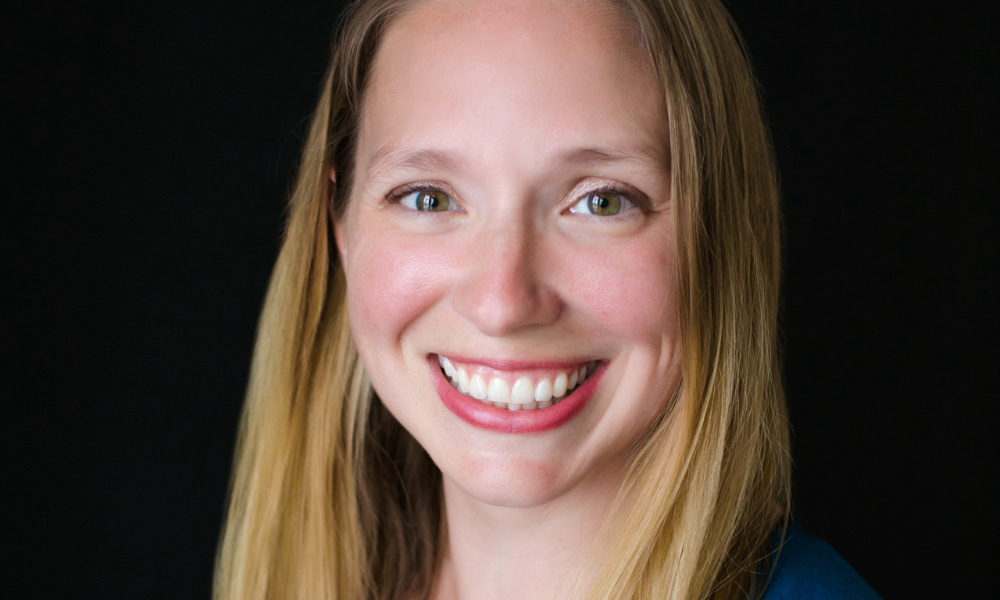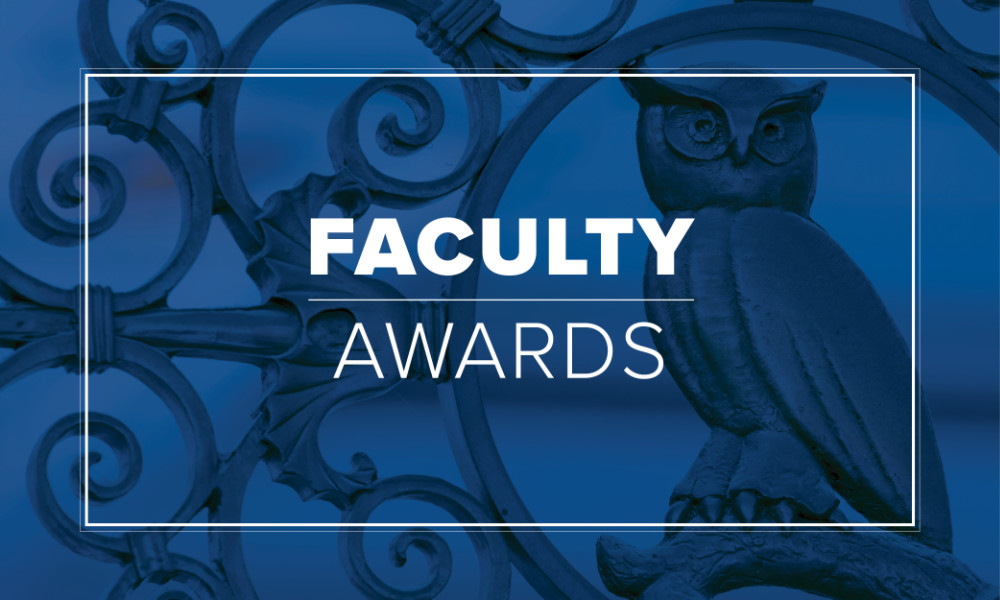A total of 13 graduate students across the University of Rochester have been recognized for their outstanding dedication as teachers and mentors who work closely with undergraduates. The honorees are the recipients of the 2020 Edward Peck Curtis Awards for Excellence in Teaching by a Graduate Student.
Established to encourage excellence in the work of graduate students who assist undergraduate instruction, the Curtis Award for Graduate Students is awarded to full-time graduate students who have had significant face-to-face interaction with undergraduate students in the classroom or laboratory.
“The significance of this award in that it really is a testimony to how so many of our graduate students support the undergraduate educational mission of the University,” says Melissa Sturge-Apple, the vice provost and University dean of graduate studies, who determines the awards based on nominations from individual departments or undergraduate student groups.
“This year, I actually worked to expand the definition of ‘teach’ to also emphasize the research support that our graduate students provide to undergraduates through their supervision of them on research projects,” says Sturge-Apple. “My own graduate students actually train undergraduates on complex and sophisticated observational coding systems and supervise them through many meetings and training through the course of a semester or over a year. So, our graduate students ‘teach’ our undergraduates in both standard classroom settings as well as through experiential research settings across the University.”
Here are this year’s recipients, with an excerpt for each from the nomination material submitted on their behalf.
Brittany Abraham, chemistry

“I have rarely had students speak of their TA in CHM 207 in such universal superlatives…even great teaching assistants pale in comparison with Brittany,” wrote Bradley Nilsson, associate professor of chemistry. “Her undergraduate mentees are the most productive undergraduate research students I have ever had, a comment I make without exaggeration.”
Kelley Annesley, philosophy
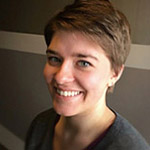
“Kelley’s passion for teaching her students is rivaled only by her drive to learn from them. Her mastery of rhetorical communication, both face to face and through writing . . . is inspiring. It was Kelley’s mentorship and personal investment in my experience as her student, that made me feel for the first time excited to write,” wrote Jack Bell ’22 of electrical and computer engineering who took Annesley’s WRT 105 section: Is Rational Moral Disagreement Possible?
Laasya Bangalore, computer science
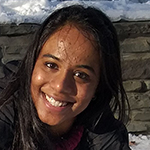
“Laasya served as the lead teaching assistant for CSC280/480 Computer Models and Limitations in spring 2019. This was the first time I served as an instructor for such a big class and I could really count on Laasya for anything. I can say, without a doubt, that she went above and beyond what was required as a teaching assistant and I could not have run this class without her assistance and support,” wrote Muthuramakrishnan Venkitasubramaniam, associate professor of computer science.
Joseph (Tre) Dipassio, electrical engineering

“As the senior TA in a course with several first time TAs, he seamlessly took on the role of leader, helping new graduate students get oriented in the labs and preparing for the types of questions they were likely to face. As he continues to develop as a teacher and work with a greater variety of courses and students, Tre continually adapts his methods and content in the constant aim to meet and exceed the needs of the students he serves,” wrote Sarah Smith, assistant professor of electrical and computer engineering.
Jessica Keith, psychology-clinical

“Beginning in her second year, Jessica has recruited a team of undergraduates each year to serve as research assistants (RAs) for her master’s and dissertation research studies. While these students have had valuable roles in supporting the research itself, it is clear from how Jessica structures their activities that her primary goal is to help them develop research and professional skills. As a result, the students who ‘graduate’ from Jessica’s RA positions leave the University with an impressive set of research and clinical skills that have consistently garnered them outstanding postbaccalaureate research positions or admission to grad schools,” wrote Loisa Bennetto, department chair and associate professor of psychology.
Armen Khederlarian, economics
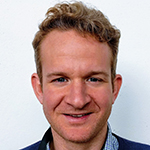
“Each year we offer a summer teaching program staffed by our TAs. Only the very best TAs are selected to teach, and a summer appointment is awarded to 5 or so of the possible 40 TAs available. Armen was selected as one of these summer instructors based on his TA performance. Importantly, he was selected to offer one of the most important undergraduate courses in our curriculum—Economics 207 Microeconomic Theory, a course whose mastery is critical to successfully completing our major. Armen’s selection reflected not only his effectiveness as a TA, but the range of economic subjects that he has mastered,” wrote George Alessandria, professor and chair of economics.
Carrie Knight, history

“This semester, for the first time, Carrie taught her own course, a digital-humanities course that supports the Seward Family Archive project. Students (graduate and undergraduate) first learn documentary editing, working with 19th century cursive handwriting, family history, annotation using our standards and guidelines and those of the ADE (Association of the Departments of English) and National Archives, and text encoding to enable the searchable website where the students’ work is published (sewardproject.org). To say that she has done this brilliantly is almost to understate the case. The class is now producing quality transcriptions that are making their way through the project’s workflow to be published on the website, a process the students find rewarding,” wrote Thomas Slaughter, Arthur R. Miller Professor of History and director, Seward Family Archive Project.
Emery Longan, biology
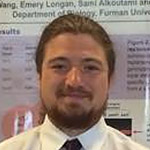
“Emery served this year as a mentor in my freshmen biology BIO110 (fall and spring) courses for students with less experience in biology while in high school. I only use senior graduate students who have proven themselves to be great teachers in the two TA experiences required for their PhD. Emery’s selection to be a mentor was the unanimous first choice of myself and the other mentors. It has become abundantly clear to me that Emery is a gifted teacher who can give the students the help they need. He seems comfortable helping everyone from the stronger students in the class to the weakest. He has unlimited patience and a calming effect on the students. At the same time, they know Emery can be no-nonsense and demanding, so they must work. Virtually all his students in the fall made sure they could have him again as a mentor in the spring,” wrote Thomas Eickbush, professor of biology and Mercer Brugler Distinguished Teaching Professor.
Antonio Ladron de Guevara Ruiz, biomedical engineering

“Antonio was a teaching assistant for me in BME211/411 Cell and Molecular Biology for the fall of 2019, and he was the finest TA I have worked with in 30 years. Antonio came up with a unique format for an in-class quiz based on the Quizizz ap. Antonio also came up with a weekly cell biology-based meme competition. Antonio encouraged the students to send him memes that reflected the current week’s content, and then chose the best to send out in an all-class email. This was a fantastic idea, as the students began trolling cell biology-based websites for clever memes, and ‘accidentally’ learned a bit of the course material in the process!” wrote Ian Dickerson, associate professor of neuroscience.
Monique Mendes, neuroscience
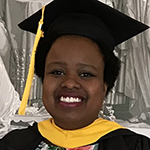
“As a younger black woman who wants to go into science and medicine, I don’t have very many people in my life who go into my field of interest, and definitely not many who look like me, so Monique is a role model. She takes away some of the feelings of ‘otherness’ that I feel in certain situations and serves as a reminder that I can do this and that I do belong. I love that even though I haven’t known her long, she’s constantly very supportive and encouraging. Even after my time in Rochester came to an end, Monique has periodically checked on me to see how I am progressing. It speaks greatly to her character. Monique is an extremely hard worker who has a compassionate spirit that matches, if not exceeds, her brilliance as a scientist,” wrote Sebrena Brink, 2018 MSTP (Medical Scientist Training Program) Summer Scholar.
Sedigheh Sheykholeslami Poul, mechanical engineering
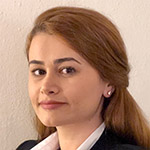
“I worked closely with Sedy when she was teaching assistant for ME 225 Introduction to Fluid Dynamics, when I taught it in the fall of 2018. This demanding junior-level course assumes prerequisite knowledge of integrals and vector calculus and deals with sophisticated concepts that can be tricky to teach. Sedy came prepared for every meeting and every recitation, working example problems at length and making well organized notes. Sedy was someone I could trust to teach effectively. She even went to the whiteboard during staff meetings to teach me and the other TAs powerful mnemonics and simpler problem-solving methods than I had seen before,” wrote Douglas Kelley, associate professor of mechanical engineering.
Sabya Shivkumar, brain and cognitive sciences

“Sabya is not just academically extremely promising, he is also a gifted and extraordinarily dedicated teacher and mentor. Sabya has shown an amazing dedication to teaching others in situations where there was absolutely no obligation or expectation for him to do so. . . . He has attracted a followership among the students in the department who gravitate to him for his deep knowledge, endless dedication and jolly nature (it is widely known that in Sabya’s world, all things are either ‘pretty awesome’ or ‘super amazing’),” wrote Ralf Haefner, assistant professor of brain and cognitive sciences.
Marcie Woehl, English
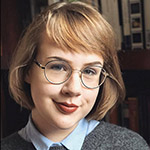
“Marcie has worked with both Morris Eaves (fall) and Joel Burges (spring) as a teaching assistant this year, and both have praised her energy, responsibility, and innovation. Professor Burges calls particular attention to Marcie’s role in transitioning his intro to media studies course from a large lecture course to its current online-only status: he credits Marcie with helping to arrange for much of the asynchronous content for the course, as well as advocating for (and tutoring Professor Burges in) the use of Slack, a flexible online discussion forum. Marcie set up the Slack account so that it would function as smoothly as possible: the result, Professor Burges notes, was that many students were actually more engaged, eager, and vocal than before the onset of remote learning. It seems to us that it would be particularly fitting to award the Curtis Prize this year to a graduate student who has found a way to teach so meaningfully and effectively in this time of such great instability,” wrote Katherine Mannheimer, associate professor and director of graduate studies in the Department of English.
Read more
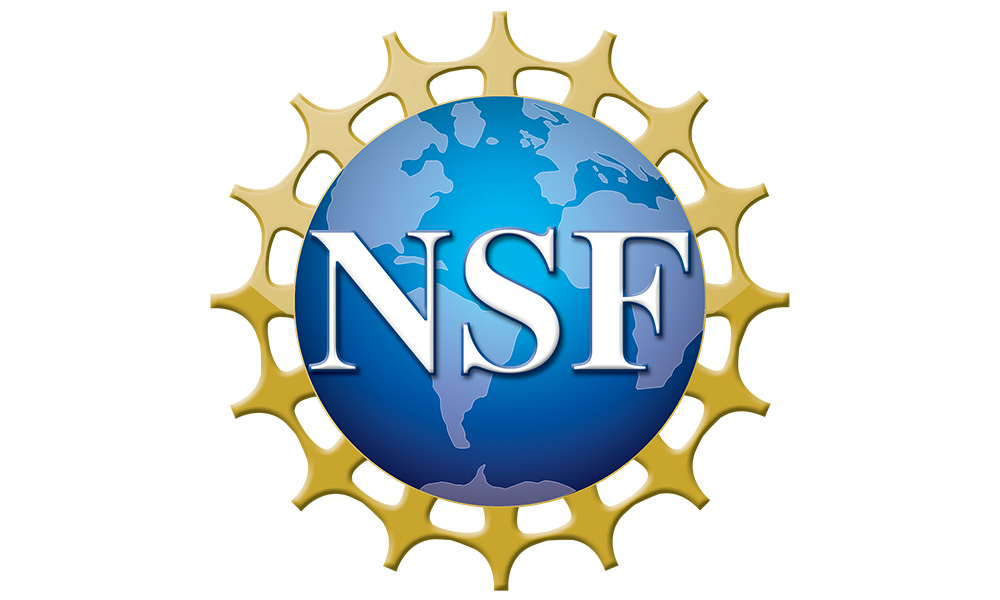
Students earn NSF fellowships
Five graduate students were among 18 current and former Rochester students offered NSF Graduate Research Fellowships in spring 2020.
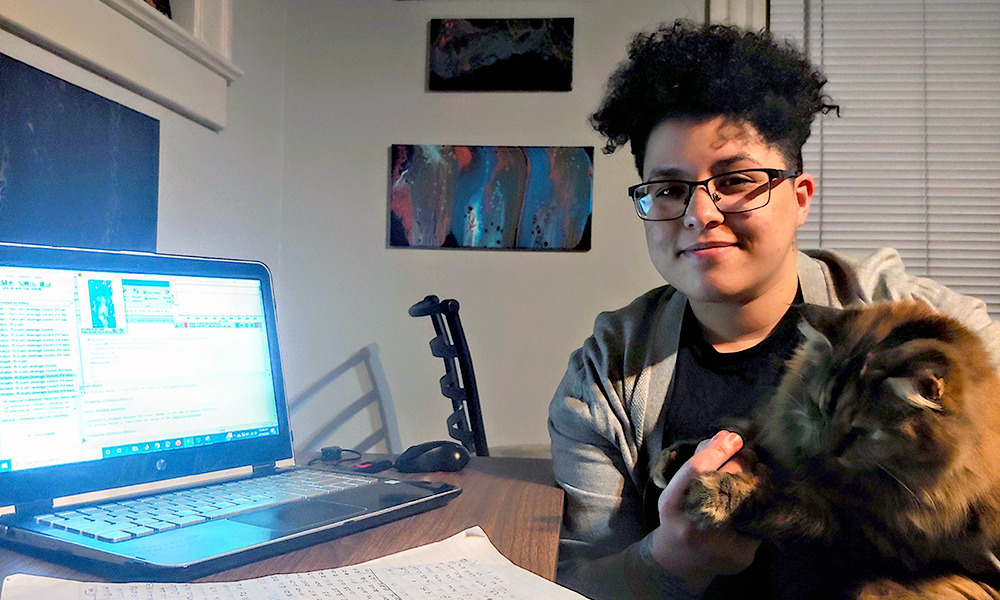 Graduate students manage remote life while pursuing degrees
Graduate students manage remote life while pursuing degreesMeet eight University of Rochester graduate students as they tackle new challenges to research and scholarship.

Graduate students offered National Institutes of Health fellowship grants
A total of six graduate students have been offered NIH fellowships that provide support for doctoral or other research-based degrees in health-related areas.


